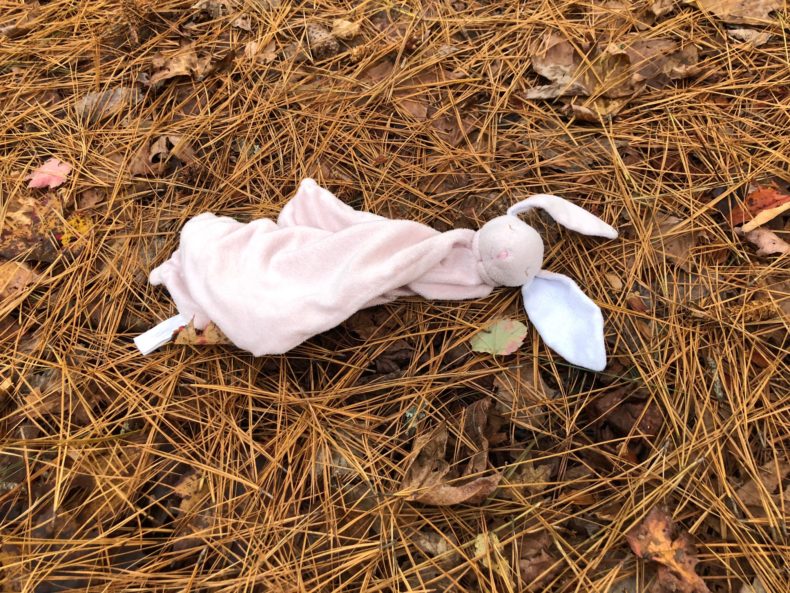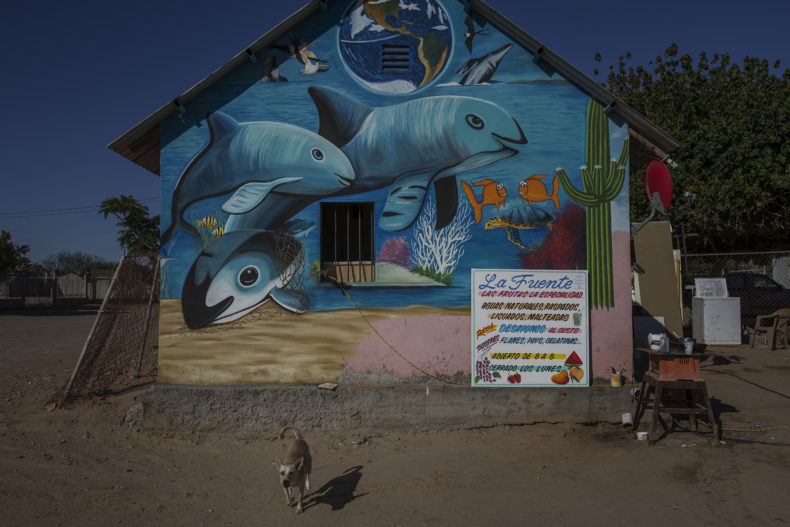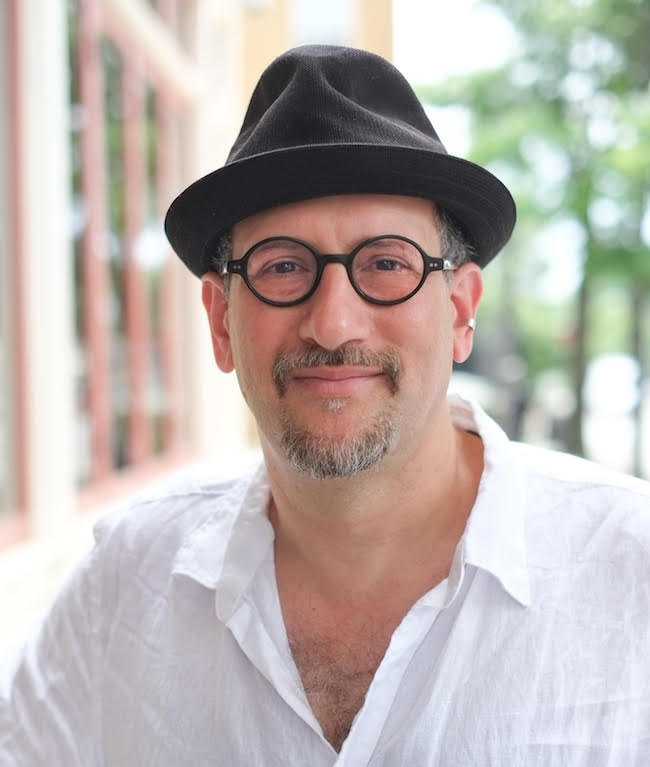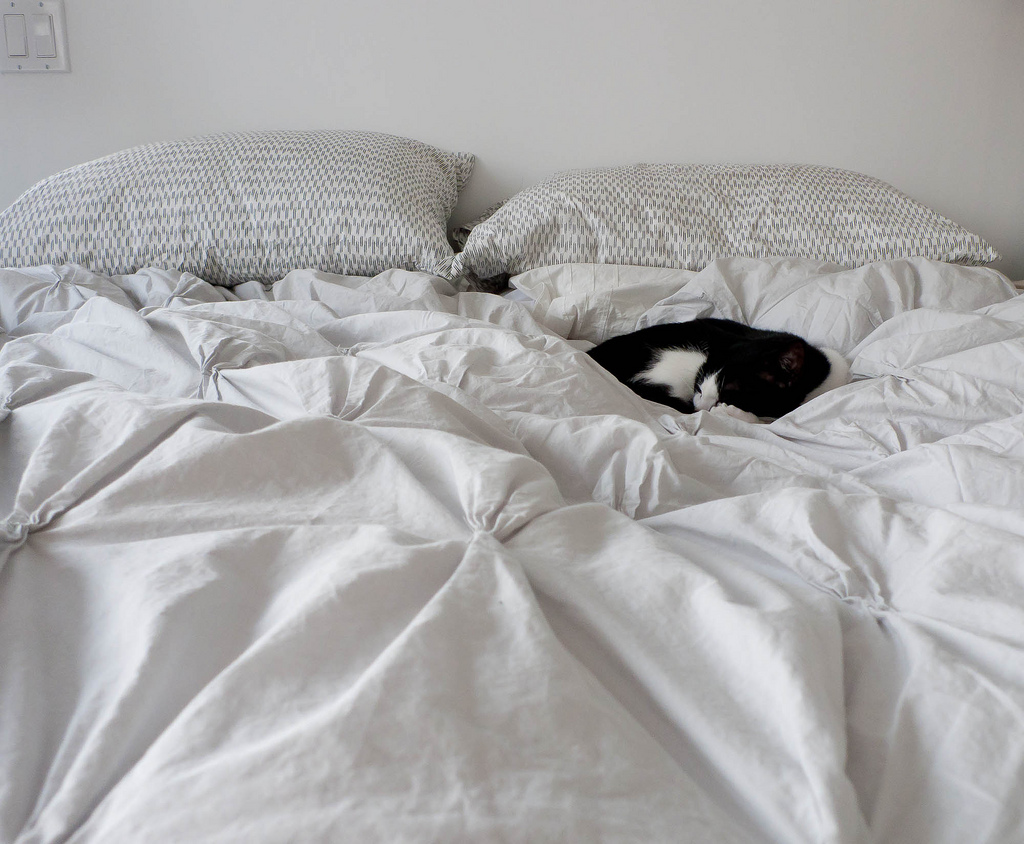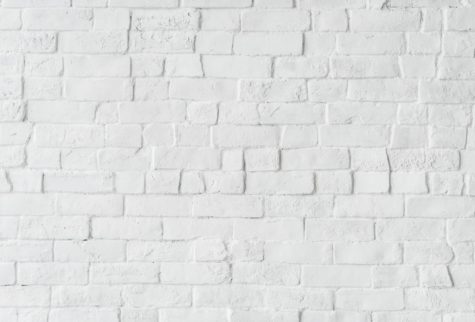 I’m standing in my underwear and socks, gripping a rolled-up magazine that is shredded at the end from my violent battle with the flies. I’ve killed a dozen or more of them this Wednesday morning, but they just keep alighting as if there is some source—a pile of dog shit, a rotting corpse—hidden just there, under the newspapers slouched in the corner, or here, behind the overstuffed laundry basket on the sofa. It occurs to me in passing that if such a source is that close by, I have a bigger problem than flies. Still, I continue wielding the torn New Yorker—three weeks old, 1/3 read (mostly the cartoons)—beating it, mostly fruitlessly, against the sunny countertops as the flies lift off with an irritating buzz. (Fuck you, too, flies.)
I’m standing in my underwear and socks, gripping a rolled-up magazine that is shredded at the end from my violent battle with the flies. I’ve killed a dozen or more of them this Wednesday morning, but they just keep alighting as if there is some source—a pile of dog shit, a rotting corpse—hidden just there, under the newspapers slouched in the corner, or here, behind the overstuffed laundry basket on the sofa. It occurs to me in passing that if such a source is that close by, I have a bigger problem than flies. Still, I continue wielding the torn New Yorker—three weeks old, 1/3 read (mostly the cartoons)—beating it, mostly fruitlessly, against the sunny countertops as the flies lift off with an irritating buzz. (Fuck you, too, flies.)
I’m in my underwear because of the hot flashes. There are certain ramifications to reaching the middle ages, one of them being the handing off of one’s hormones to a cruel sorcerer who gleefully pinches off the estrogen drip at his whim.
I’m in my socks because hot flashes are usually quick things, and after one ends I’m suddenly freezing. Whatever was sweating will be, next, chilled. I have little control over the internal thermostat, but keeping the feet wrapped gives me an ounce of control over this phase of misery. Small victories.
Yes, this is who I am right now.
Ping! An email has arrived. I abandon my murderous work and click. The note is from a high school student out West somewhere. She informs me that over the last few weeks she’s been reading all my pieces—part of an assignment to follow a favorite journalist. To her I am a hero, a skilled woman writer tapping into adventure and living her passion, a shiny thing in darkness. She wants to know more about me, how I got to do what I do, how I’ve managed to become this person she so admires and how she might follow in my successful footsteps.
And I have to laugh at her timing, the scene before her if, horror of horrors, she could see me: The me in the underwear with the flies and the hot flashes, the me who can’t get organized or inspired, the me with the puffy eyes after another night of stress-waking. The me she’s envisioning is the confident one from the back of a book—a woman I haven’t seen in months–the brushed and smiling Author with a long list of ideas and a clear road of success starting way back when and rushing into the future. That’s what most people expect who don’t know me in person, and even some who do.
But, you see, I’ve been away from LWON for some months and not because I was hunched over a book manuscript or jetting around the world chasing elephants or iguanas. The truth is less glamorous: This writer, as happens to most in this field, has hit a wall.
There are plenty of possible reasons, but one is simply that the field is packed tighter with freelancers than ever; staying ahead of the rest takes a certain grit and an even flow, not a slow drip, of original ideas. Meanwhile, some of us tire of having to sell ourselves over and over. Some of us are weary of slim paychecks and forgotten invoices. Some of us are tired of editors who forget to tell you what you did right before launching into all the wrongs. (Many do remember to compliment. But some don’t.) We scrabble for scraps. Our souls are sucked dry.
I wouldn’t call this writers’ block. A block is something that can be shattered with the swing of a sledgehammer, or slid out of the way in three heaves by a handful of friends on a Saturday afternoon (with the promise of pizza and beer).
Remember Han Solo frozen, grimacing, in the wall of carbonite?
Actually, let’s go bigger. Game of Thrones. That ice monument looming over the end of civilization—that’s the wall in this scenario. It’s massive and bone-chilling, shored up with horrendous news headlines like rebar in concrete. And the fact is, when one is defined by what one does as many of us writers tend to be, a hard stop to creativity is especially devastating.
I’ve been thinking a lot about identity as a result of this hit to mine, why some of us can’t see ourselves outside of our careers. It may be especially hard if we have a public face, some kind of success that has defined us for others. The successful writer is what when not being successful and not writing?
We are encouraged to find an identity. And that should be a good thing. Yet think of how identity has divided us. One People, yes, but so, so many ways to pull away from fellow humans these days. Isn’t it from labels that prejudice is born? While many of us speak of unity and acceptance, we continue to splinter into ever smaller groups and to stand up and scream that we, of that group, deserve special attention. Ultimately walls go up between our camps. So many walls. So much anger on either side of those walls. Disgust, even.
Evolutionarily, feeling disgust toward “other” may have once served us, keeping foreign pathogens from reaching new hosts. But morally, disgust at “other” serves no one. And yet.
And yet we wave our own flags facing off with those waving different flags. Faith, color, sex, blue versus red, meat or no meat (“cruelty or cruelty free?”), sexual preference, nationality, financial status…which Star Wars character are you, what decade are you, which European castle or dog breed are you. Even in entertainment we look for a club to join. We’ve become so “identified with,” so black and white even as we profess the desire for gray, for equality and blindness toward our differences.
Perhaps it’s a stretch, but in a way, I’ve decided, this writer who sees herself as defined by her writing—the successes and, mostly, the failures—has separated herself from all the other things she is as a human, and is, in a sense, fighting against herself. If I’m not writing, I’m scared that I’ve lost all that is important about me. What am I if not a writer? Something “not good enough.” Something to be ashamed of. Something to sneer at–a woman lost and unhinged who dreams of slinging hay for farm animals. I denounce my other selves for being less than. I forget to see the whole.
I’ve been waving my writer flag so high that I’ve lost sight of the beauty of the other flags I carry. Especially that of the simple human being just trying to make her way in the world, focused on family and health and doing right by others, and on searching for whatever beauty can still be coaxed from this world. That’s a flag we can all carry together.
I’ll admit to being comforted by this truth about writers: We tend to circle back to writing over and over. It won’t let us go, and we wouldn’t know what else to do if it did. I fantasize about different kind of job, maybe watering plants or making donuts or tending goats (really, I want to tend goats), but mostly because I know a different kind of job would give me new experiences and, as a result, something new to write about. So that part of me will, ultimately, rise to the top on its own. That has to be good enough.
So, here I am, still in my socks (one has a hole, I’ve noticed), making some slow headway toward the top of the wall, wielding my fly swatter in defense. I’m searching for a cool breeze. I’m wandering in the woods (not pitching stories, not writing a book proposal), looking for meaning in a world that’s become stunningly divided and divisive. I’m trying hard to embrace the parts of me that aren’t the writer and let them breathe un-panicked breaths until the writer returns.
My promise to the young woman who wrote to me is that the confident, competent writer in me isn’t gone forever. It’s a promise to myself as well. But I’m seeking ways to broaden my identity rather than celebrating one part and chastising all others. And I’m looking out from in here at the splintered world and applying the same lesson. No one of us is just one thing. The mosaic is especially beautiful when woven together. The mosaic, woven together, is what matters.
—–
Photo by rawpixel on Unsplash
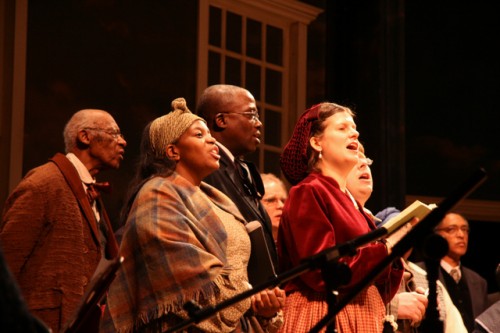
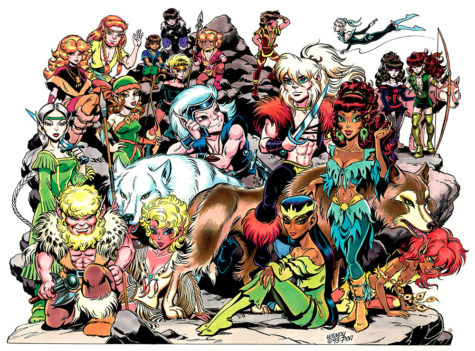 I first saw the elves on the floor of my best friend’s station wagon when I was seven. Grinning up from the back of a big book, these elves looked different from any other elves I’d seen. I’d always thought elves were a little wimpy, but instead of being fragile fey, these elves seemed fun. Even better–they had wolves!
I first saw the elves on the floor of my best friend’s station wagon when I was seven. Grinning up from the back of a big book, these elves looked different from any other elves I’d seen. I’d always thought elves were a little wimpy, but instead of being fragile fey, these elves seemed fun. Even better–they had wolves!